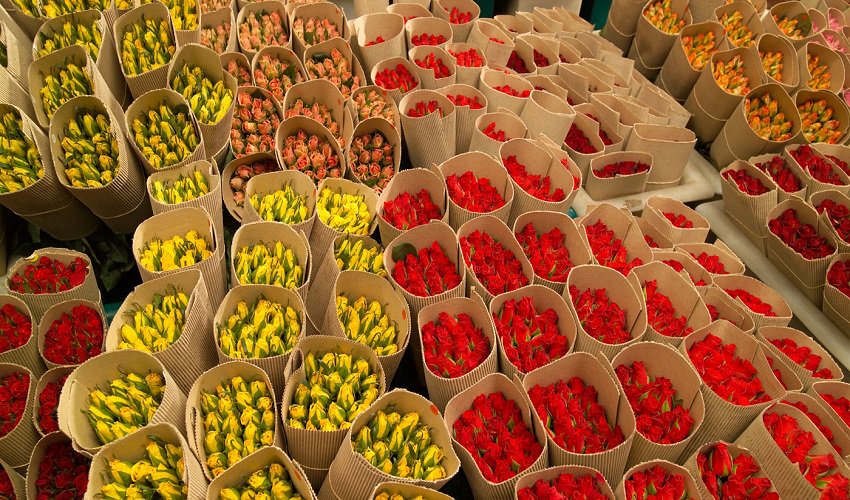×
The Standard e-Paper
Stay Informed, Even Offline

There is a broad consensus in economic circles that Brexit will most likely reduce the United Kingdom's real per-capita income levels.
In the wake of sweeping changes in European economies, Brexit critics fear invocation of new tariffs, essentially, those that are effectively implementable on imported items from Britain.